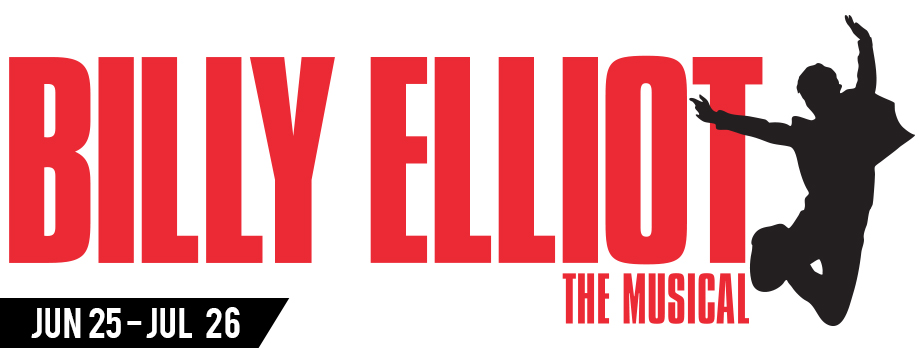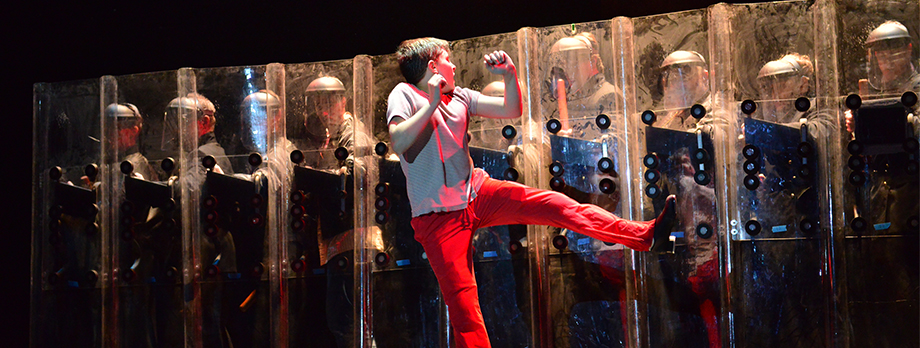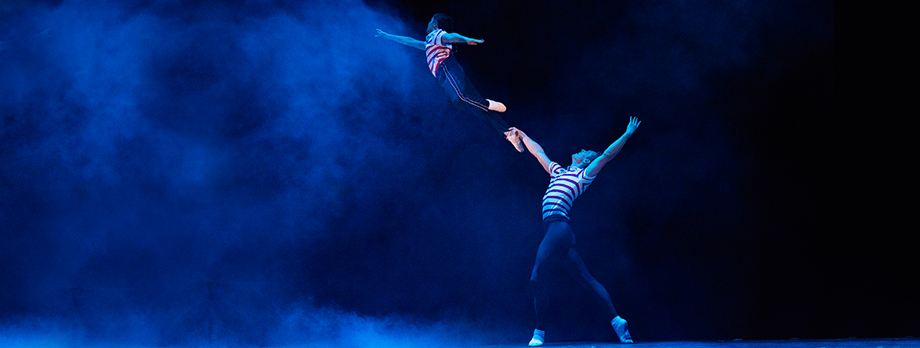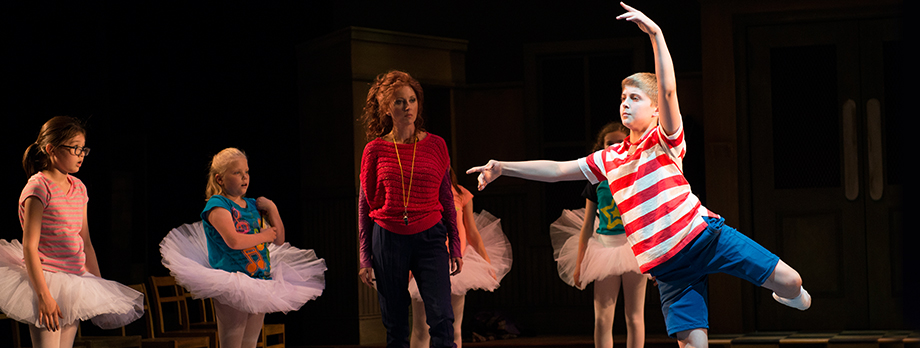about
Billy Elliot is the coming-of-age story of a young boy who discovers a passion for dance. It is set against the most bitter industrial dispute in British history.
The coal industry had been nationalized since 1947 in the United Kingdom and by 1984 the National Union of Mineworkers (NUM) was one of the most powerful in Britain, with over 250,000 members. When Margaret Thatcher became Prime Minister in 1979 she believed the country could no longer heavily subsidize mines that were not profitable. Two years later she planned to close 23 pits which triggered the union to threaten a strike. Negotiations averted a confrontation between the government and the union, however, the Yorkshire miners passed a resolution to strike in the future if any pit was threatened with closure for reasons other than exhaustion or geological difficulties. Prime Minister Thatcher then appointed Ian MacGregor as head of the National Coal Board in another attempt to make the industry more profitable. He began pushing for an accelerated closure of the mining pits claiming that they were no longer economically viable. As the impending closure of over 20 mines and the potential loss of 20,000 jobs loomed over the heads of the workers, as promised, the Yorkshire miners began to picket. Support of the strike was varied throughout the country and often among family members. It bred animosity between the workers who chose to strike and the “scabs” who tried to hold on to their jobs for as long as possible. The strike lasted for one year, economically devastated the region and was ultimately a failure for the miners.
Nearly twenty years later the repercussions were still visible and remembered in the Yorkshire, Kent, and the other old mining towns, although prior to the release of the film Billy Elliot, the majority of people outside the UK knew little or nothing about the country’s coal mining industry or the devastating strike. Lee Hall, author of the screenplay and the book and lyrics of the musical, grew up in a northern mining town. He felt the strike was one of the most defining moments in British history since World War II and witnessed its effect on everyone living in the region. What he considered to be blatant class warfare by the government against a small group of people filled Hall with a sense of indignation and fueled his idea for a screenplay about a boy who was struggling to break free of convention in order to make his dream a reality.
Stephen Daldry, director of both the film and stage musical, also had a very personal attachment to Billy Elliot’s story. He grew up in a traditional patriarchal British community and remembered the heated conflict as one of the most important events in his life. As a boy, Daldry had dreams of working in the theatre and had to persuade his family to allow him to stay in school, which was against his father’s desire for him to leave school and work in a factory to help support their family. For choreographer Peter Darling, who worked on both the film and the musical, the connection was about the stereotypes attached to boys who want to dance. Ballet had long been a taboo for boys in England and elsewhere – his hope was that boys would not be stigmatized for taking ballet lessons. Today the Royal Ballet School attributes the increased number of boys who now audition annually to the success of Billy Elliot.
Several years after Billy Elliot hit the silver screen the original creative team and producers approached Elton John about writing the music for a stage adaptation. He, too, had a strong connection to the story. He attended the film’s premiere at the Cannes Film Festival in 2000 and was so overcome with emotion at the conclusion that he left the theatre sobbing. He later explained, “Like Billy, the opportunity to express myself artistically was a passport to a better, more fulfilling life. To see Billy literally dance his way out of the bleak and cruel environment created by the British mining industry’s demise was inspirational.” Elton John accepted the invitation to create the score and insisted that Lee Hall write the lyrics for his music.
When Billy Elliot was released it was hailed as the most important British film in years. It went on to win the 2001 British Academy of Film and Television Award for Best Film and was nominated for three Academy Awards among many other national and international awards. The musical opened in London in 2005 at the Victoria Palace and has since become an international phenomenon. In 2009, the Broadway show won 10 Tony Awards, including Best Musical, Best Direction of a Musical (Daldry), Book of a Musical (Lee Hall), and Choreography (Darling). Both intriguingly political and emotionally thrilling, Billy Elliot appeals to the intellectual and the sentimental, leaving no question as to why it was named Time Magazine's "Best Musical of the Decade.”
The Ogunquit Playhouse is one of the first regional theatres in the country to create this astonishing musical for its stage. Members of the original Broadway creative team have been brought in to stage this show including BT McNicholl who was the Resident Director for the Broadway production and Adam Pelty who served as Resident Choreographer for the original Broadway touring company.




